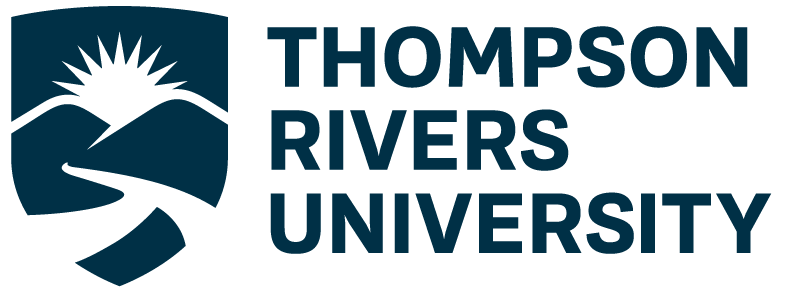How can GenAI help me?
Overview: Example use cases for learning
Before exploring examples of applications for learning, consider reviewing issues related to the responsible use of AI and its potential for error on the page Can it make mistakes?
The following are general applications that can be customized for various contexts and disciplines. Several examples are provided but are not an exhaustive list.
Reminder
Before using ChatGPT or other GenAI tools, always make sure to check with your professor for each course to find out if you can use AI, and if so, what exactly is permitted for a specific assignment.
If you are permitted to use ChatGPT or similar AI, be sure to evaluate the content/output carefully and critically. Content produced may contain incorrect or biased and therefore unreliable information. These tools may also infringe on your privacy (e.g., collecting data about you and sharing it), so use them with caution.
–TRU Library’s Artificial Intelligence Guide for Students
How might GenAI be used?
Content Attribution
University of Toronto. (2025). Coursework and GenAI: A Practical Guide for Students. Innovation in Digital Learning, Information Technology Services. https://ocw.utoronto.ca/innovation-projects/genai-literacy-course-modules/
This section refers to the content of the module “Example Use Cases For Learning”

